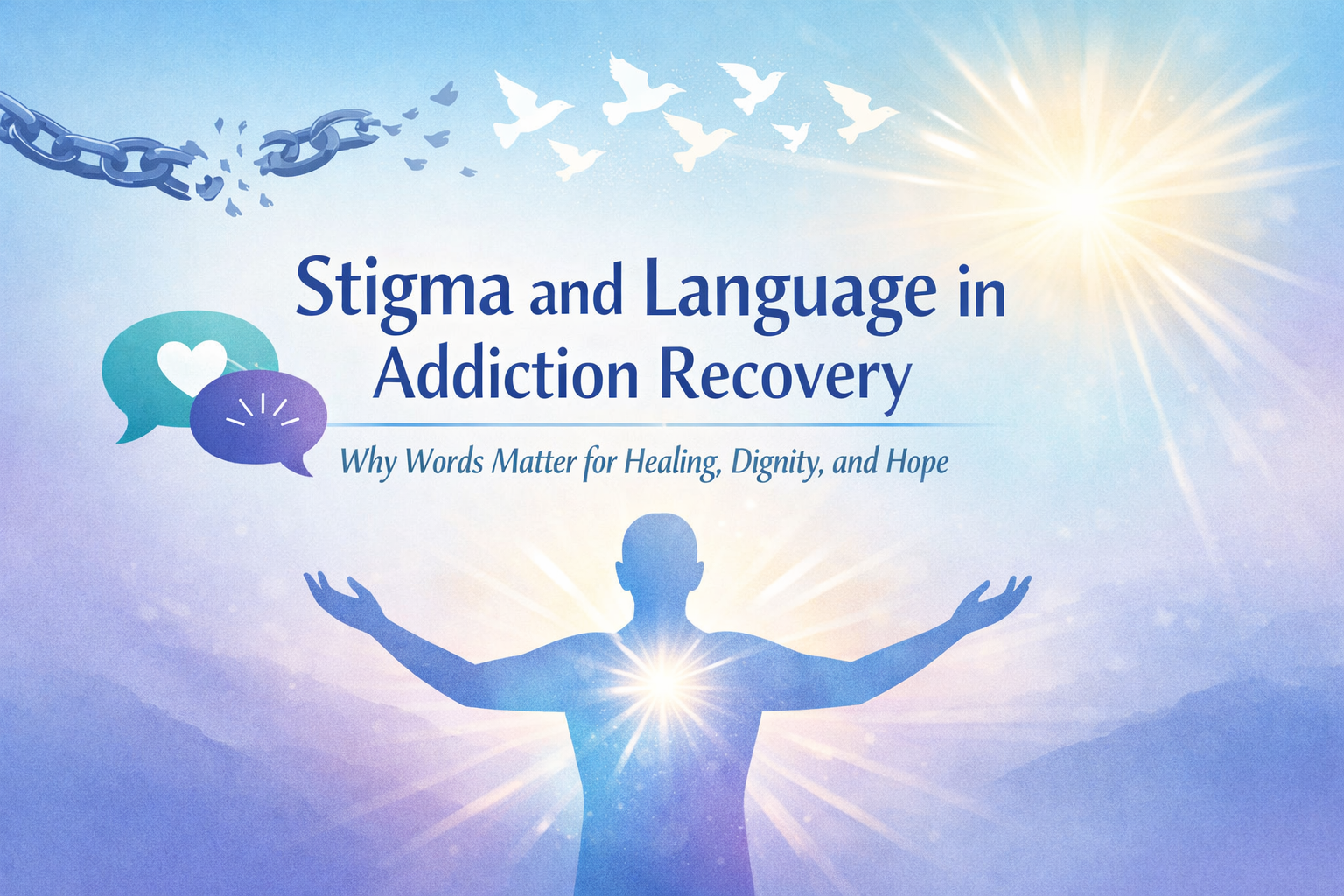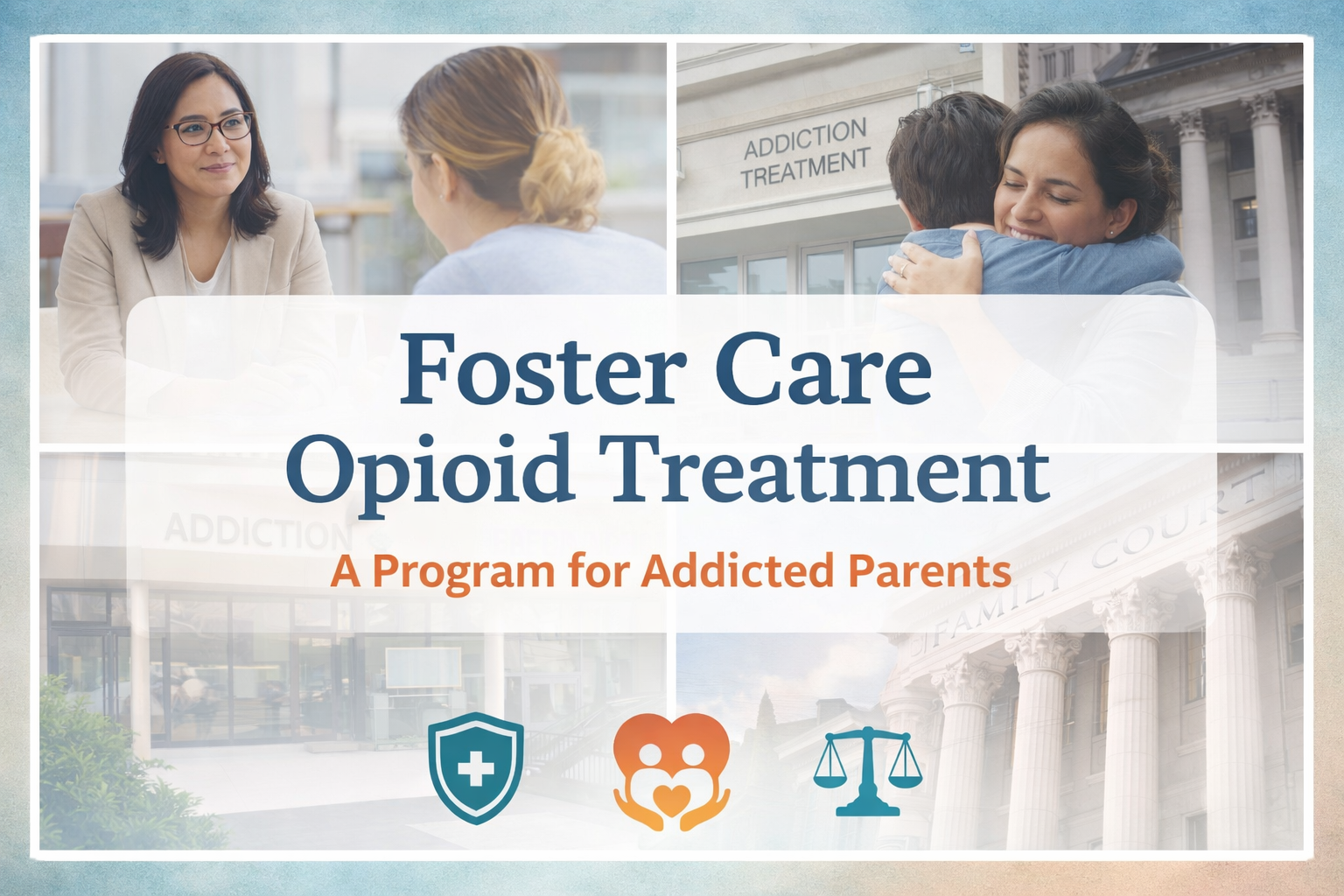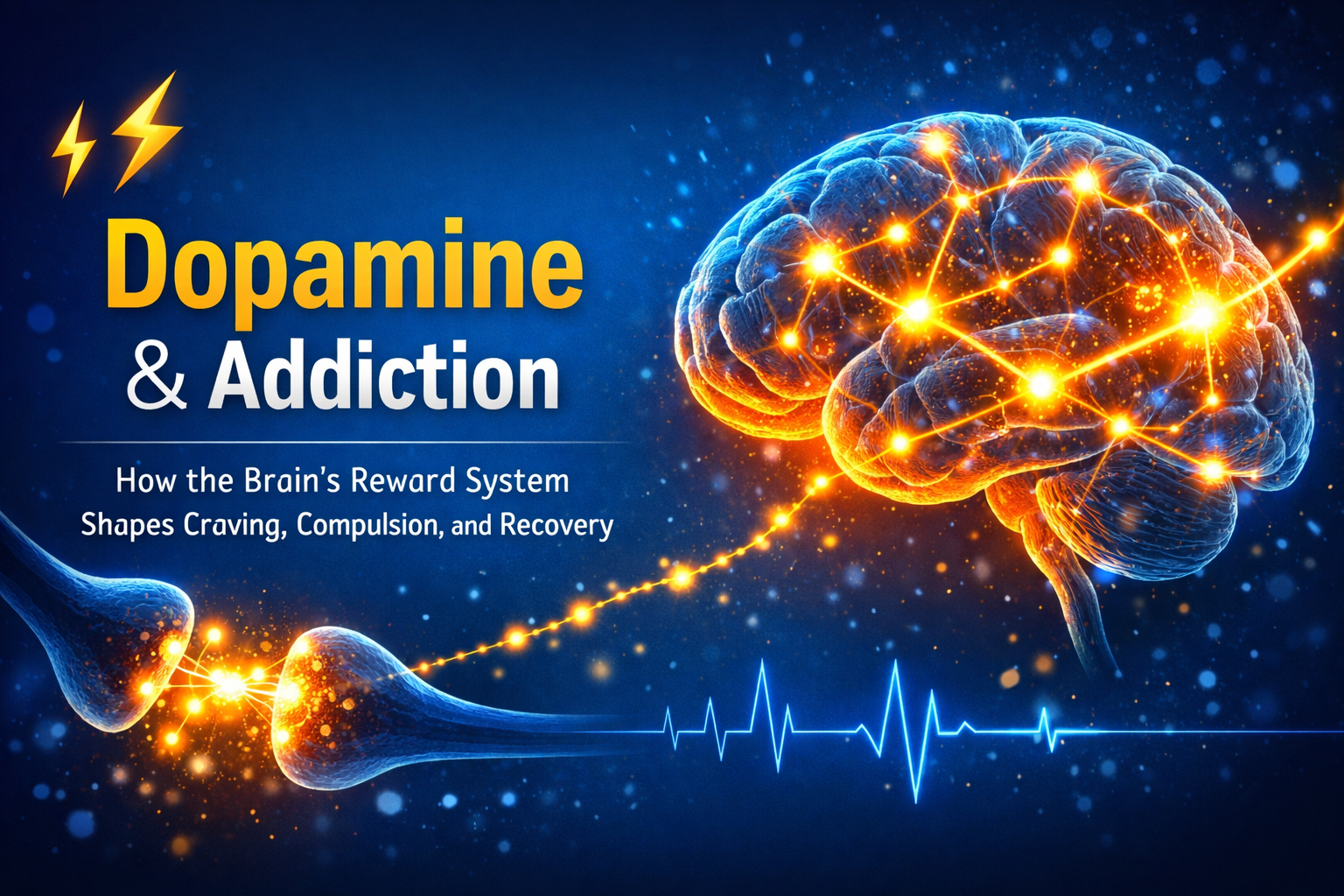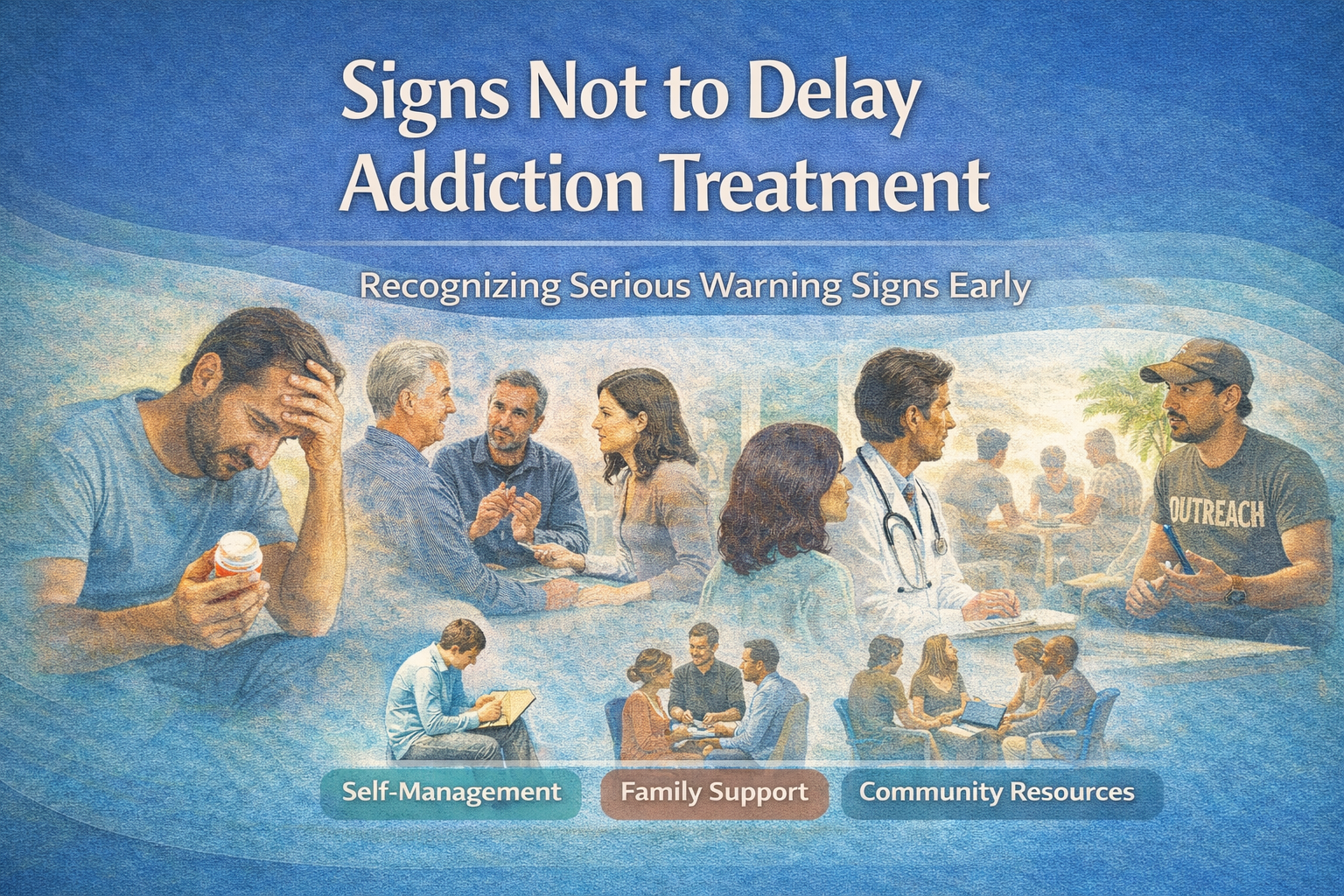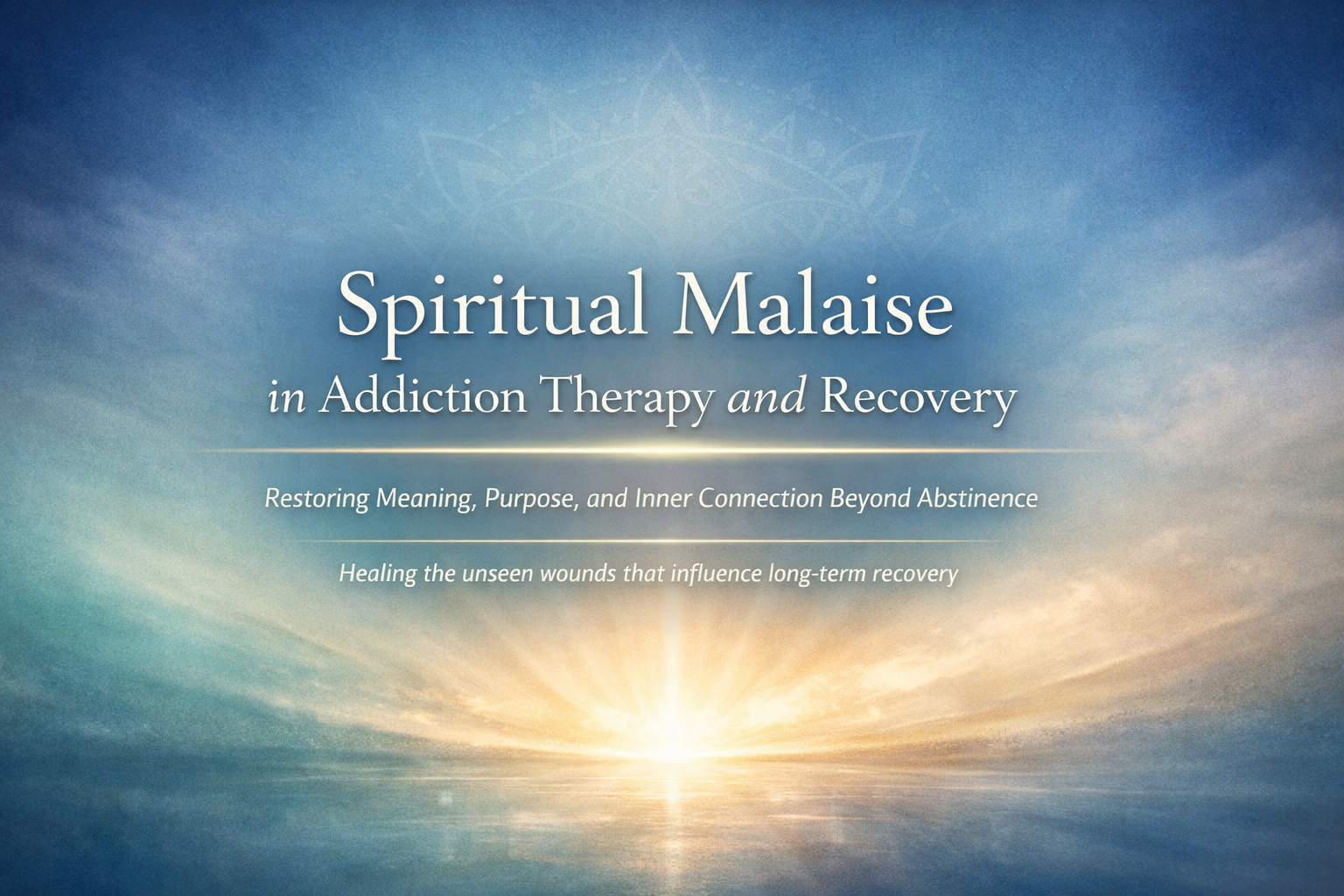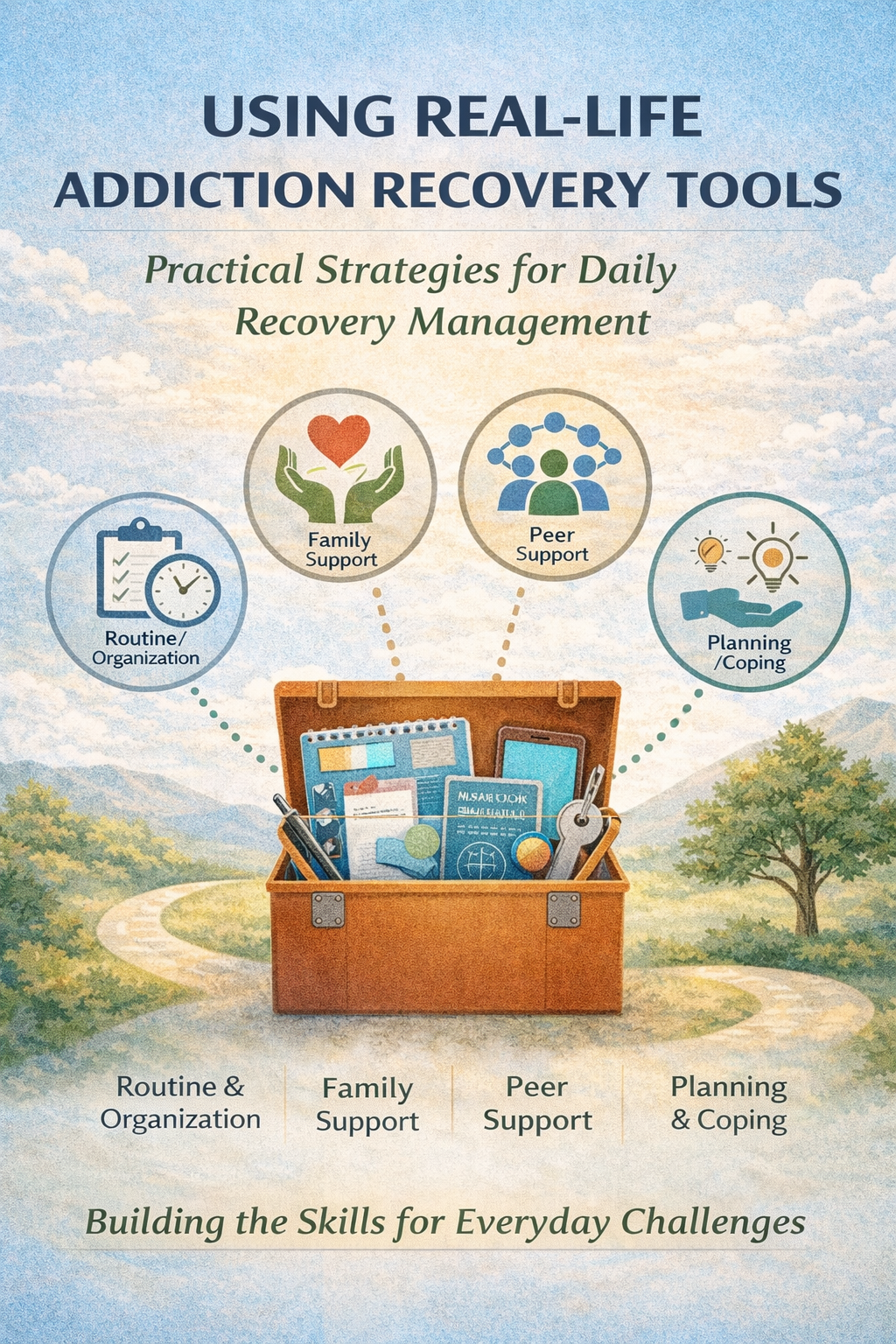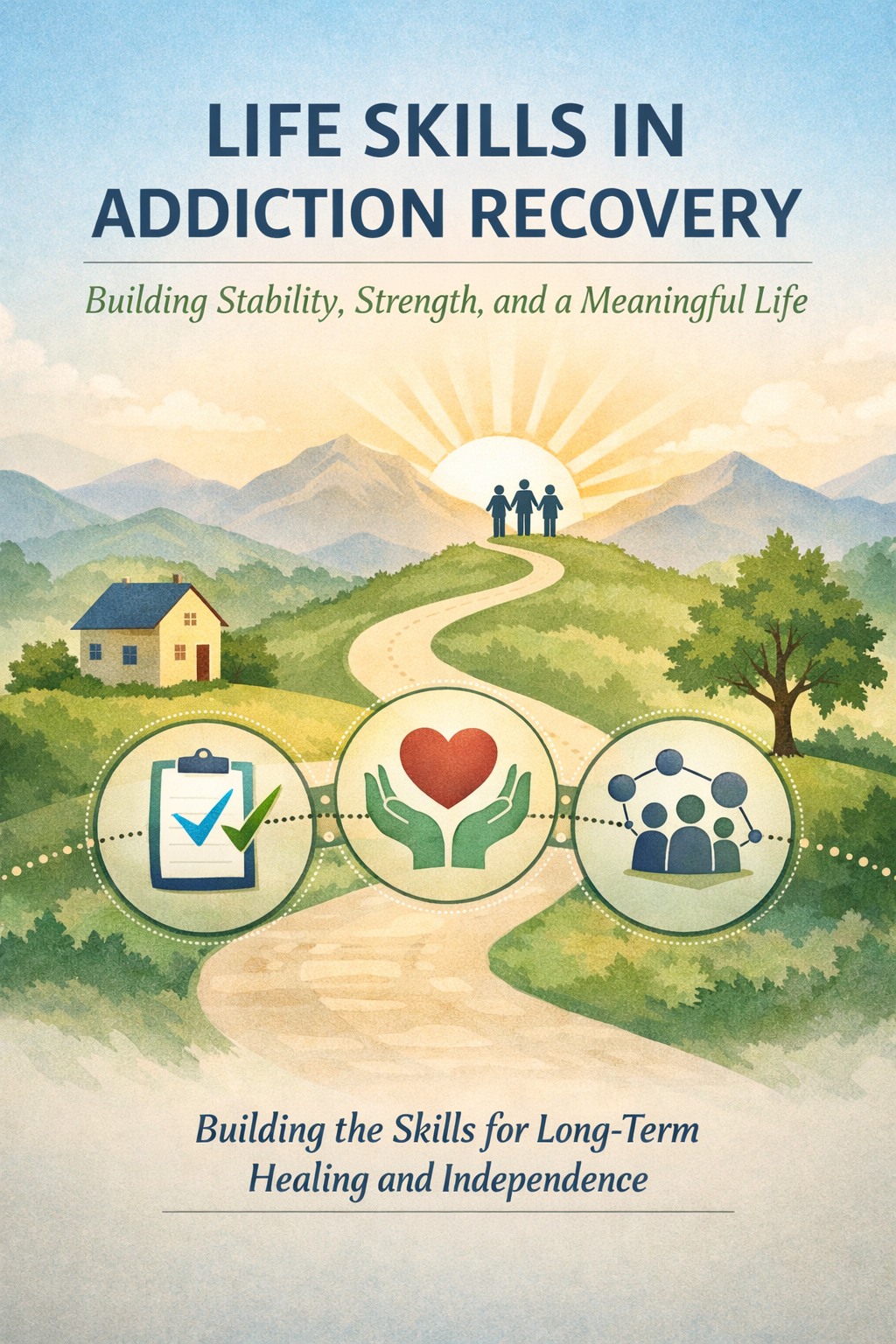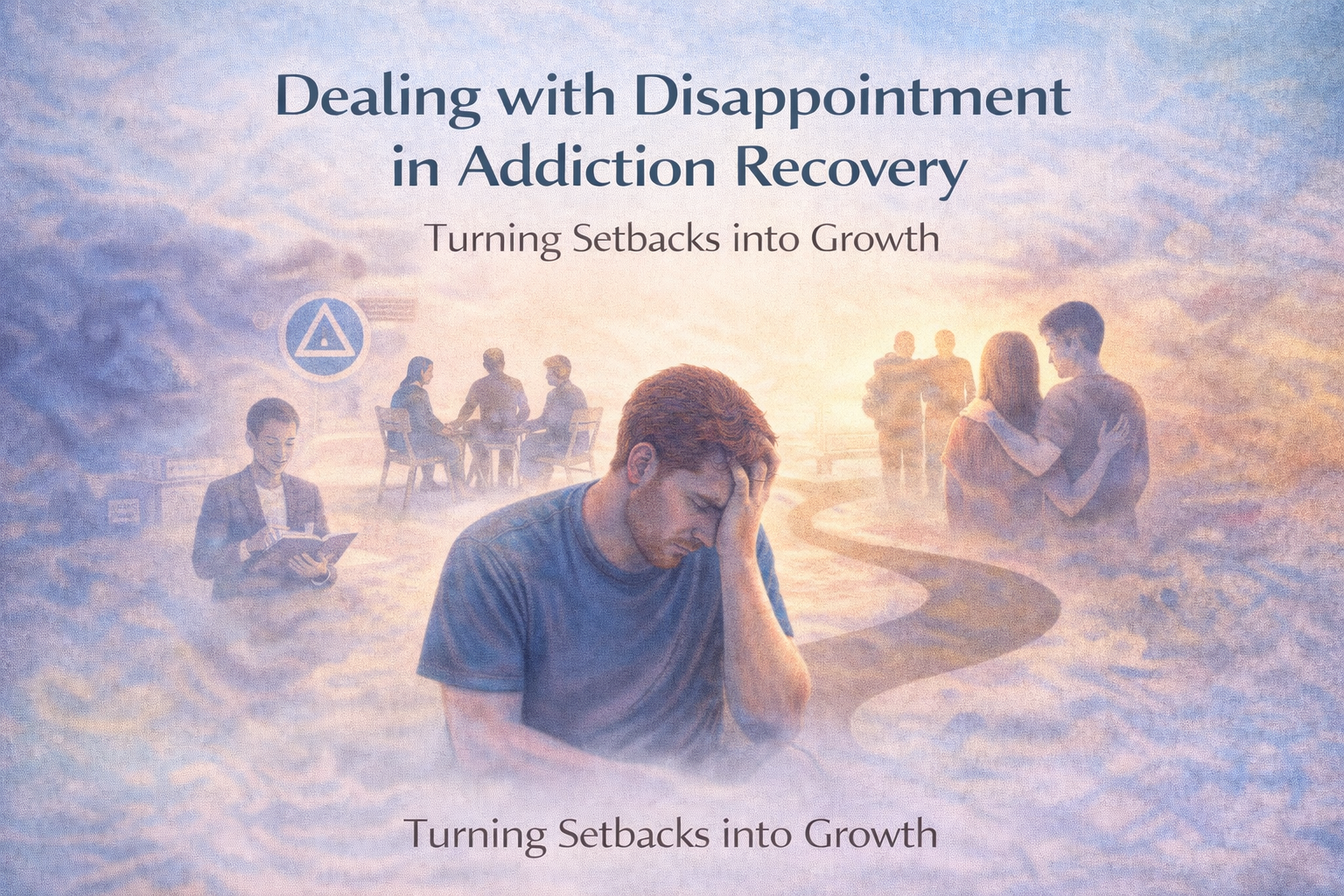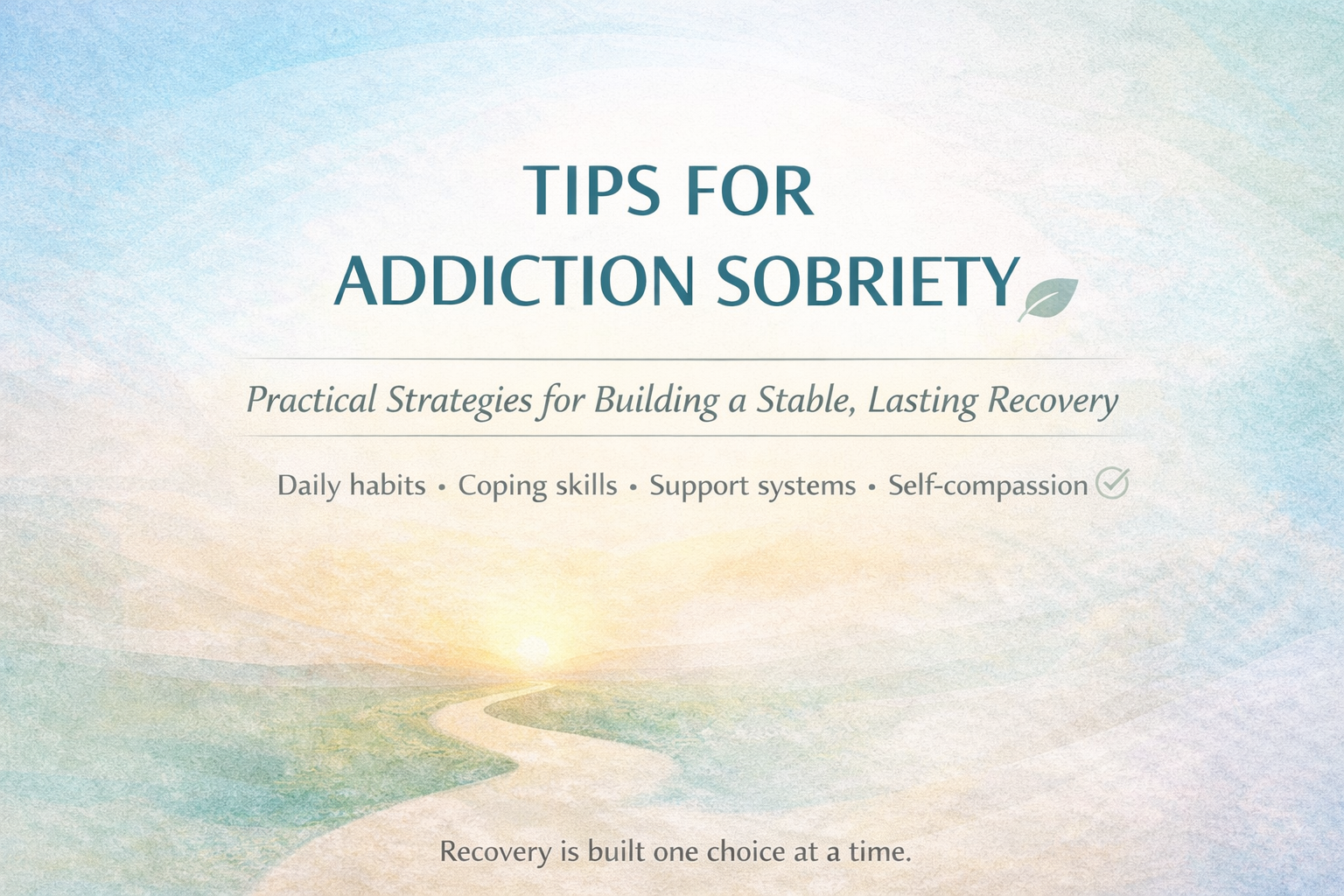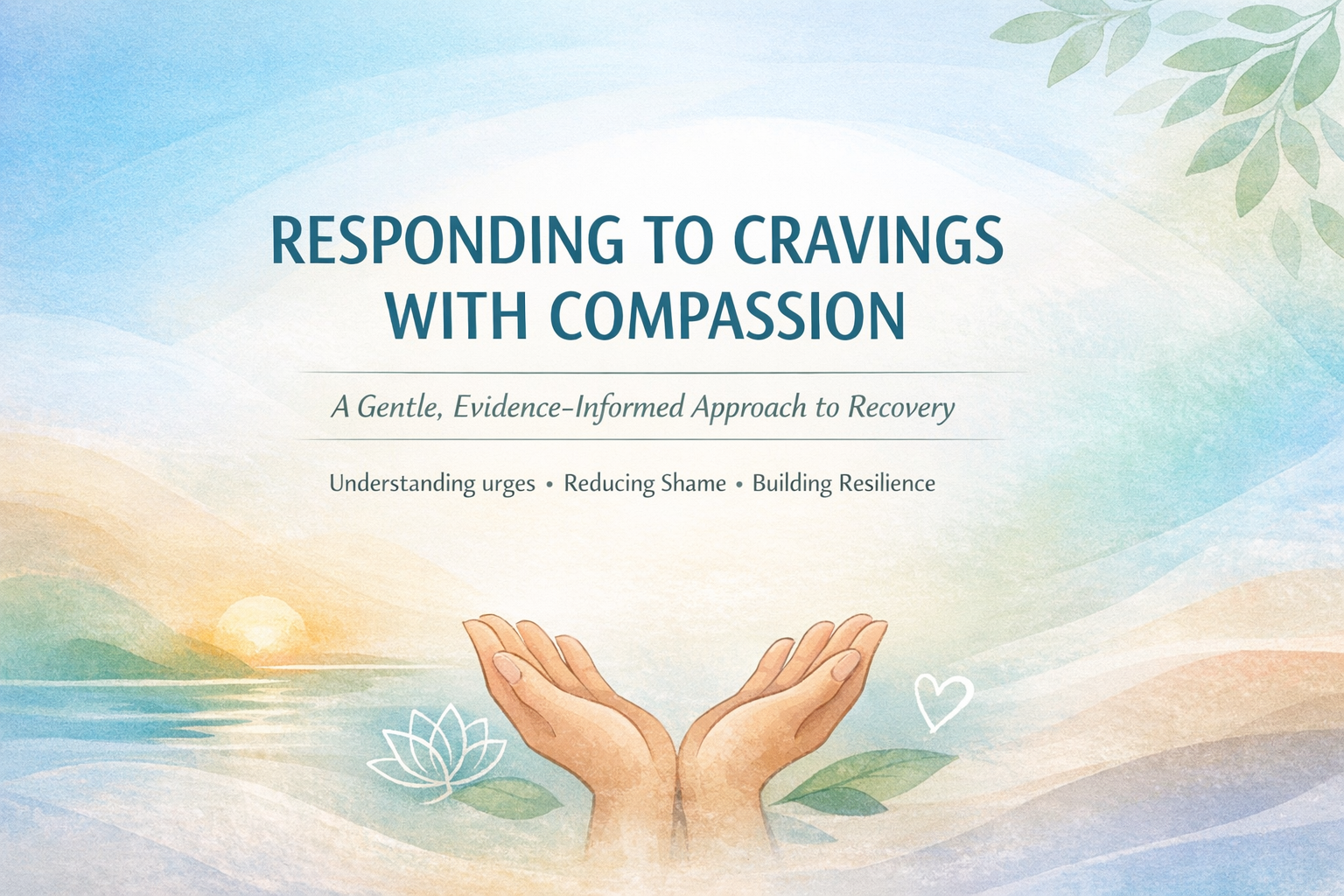Stigma and Language of Addiction
Stigma and language play a powerful role in shaping addiction recovery experiences. Judgmental or blaming words can intensify shame, lower self-esteem, and discourage individuals from seeking treatment or being honest about their struggles, often increasing isolation during vulnerable moments. In contrast, respectful, person-first language promotes dignity, trust, and a sense of safety, encouraging openness and … Read more
